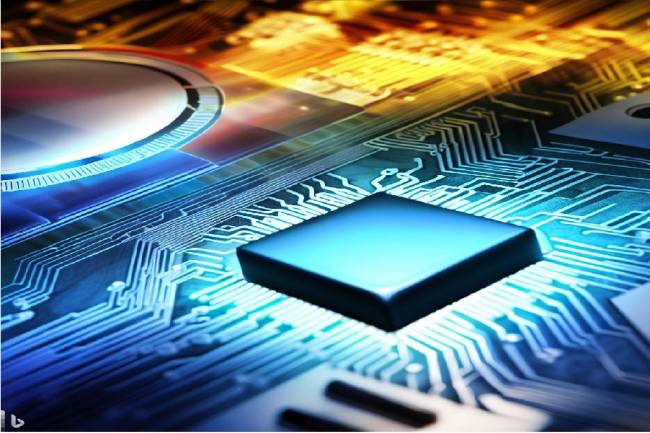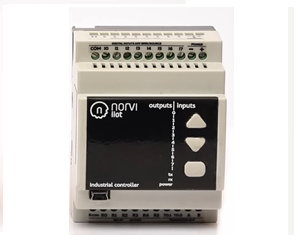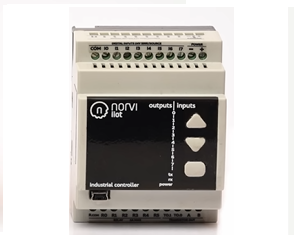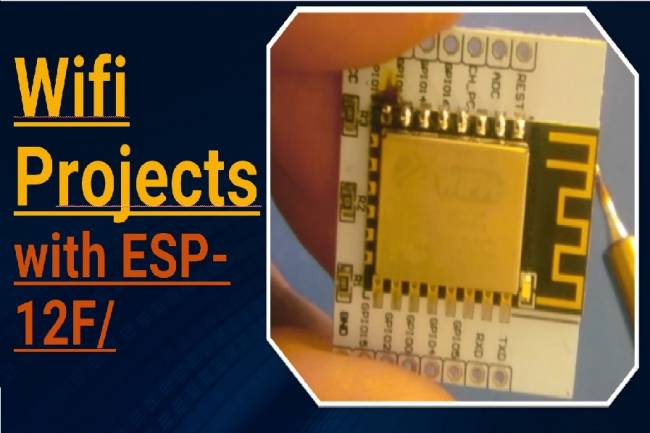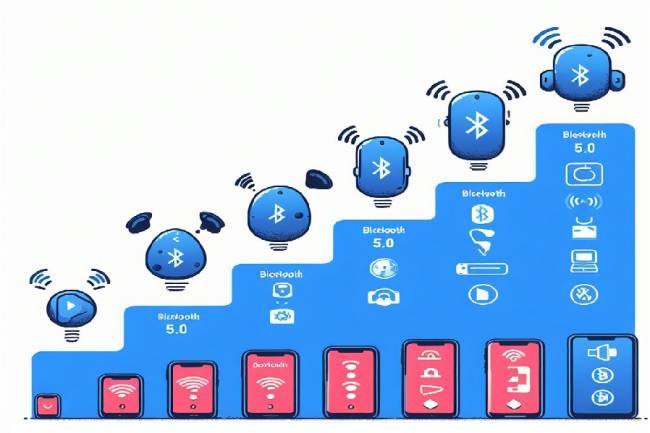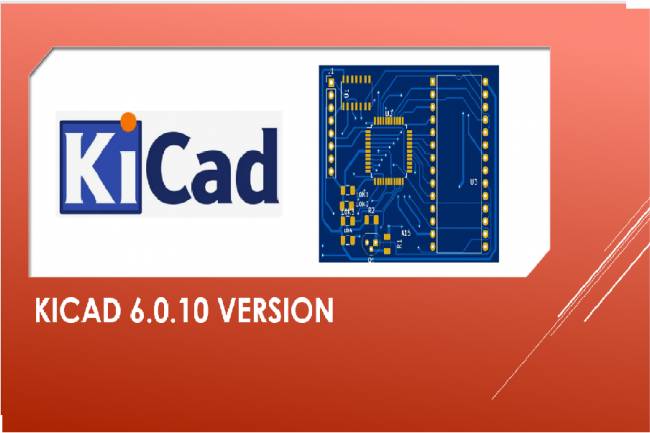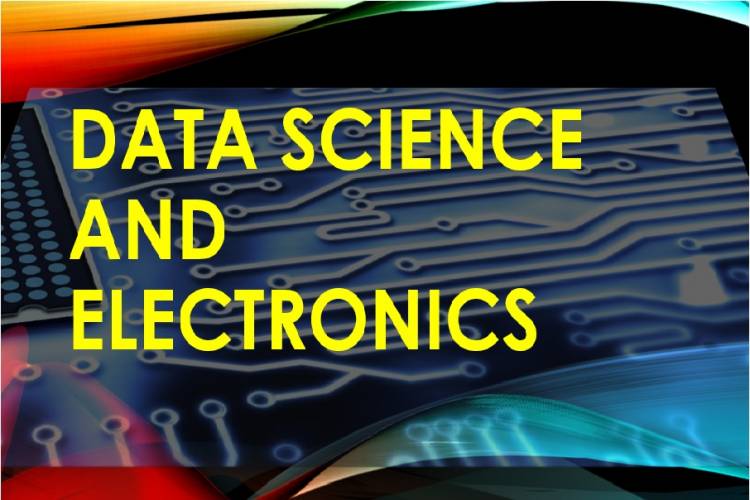
Data Science and Electronics
Data science is a discipline used to understand, analyze, interpret and apply data to decision-making processes. Data scientists deal with large amounts of structured and unstructured data and try to draw meaningful conclusions from that data. Data scientists use a variety of tools to model, predict and analyze data using mathematical and statistical methods. In addition, data mining, machine learning, big data analysis and artificial intelligence techniques are also included in the field of data science. It is used in data science, business, medicine, engineering, computer science, and many other disciplines, helping to study, understand and process data in these fields.
Programming languages used for data science include:
Python: The most widely used programming language for data science is Python. Python is very popular for data analysis, visualization, modeling and machine learning, thanks to its rich libraries and tools.
R: R is a programming language specifically designed for data analysis and statistics. R includes numerous libraries and tools for data manipulation, visualization, modeling, and machine learning.
SQL: Although SQL is a language for managing and storing data in databases, it is also an essential tool for data scientists. It is used for database querying and data manipulation.
MATLAB: MATLAB is a programming language widely used in engineering, mathematics, and science. MATLAB is used for data manipulation, analysis, and modelling.
Julia: Julia is a high-level programming language that performs fast. It is used by data scientists specifically for big data processing and machine learning.
Scala: Scala is a programming language designed for big data processing. Used with big data tools like Apache Spark.
Besides these programming languages, other languages and tools can be used for data science. But the languages mentioned above are the most widely used and have advanced tools for data science.
Data science is a versatile discipline that can be used in a variety of industries and fields. Below are some sample applications related to data science:
Marketing: Data analysis can be done to increase the effectiveness of marketing campaigns. By collecting data about customer behavior, customized marketing strategies can be created according to customers' needs and wishes.
Health: Data science can be used in the medical field to diagnose and treat diseases. By analyzing the data, more information can be obtained about the symptoms and causes of diseases. In addition, data analysis can be made about the effectiveness of drugs used in the treatment of diseases.
Finance: Financial institutions can manage their investments and risks by analyzing data. Thanks to the analysis of the data, information about the behavior of investors can be obtained and investment decisions can be made.
E-commerce: E-commerce companies can increase their sales by analyzing data about customer behavior. By learning about customer preferences, customized products and services can be offered to the customer.
Logistics: Logistics companies can optimize their supply chain and transportation management by analyzing data. Thanks to the analysis of the data, information about the performance of the suppliers can be obtained and the logistics processes can be made more efficient.
Human Resources: Human resources departments can improve their recruitment processes and personnel performance by analyzing data. Thanks to the analysis of the data, information about the suitability of the candidates for the job can be obtained and the performance of the personnel can be monitored.
These examples are only a limited list of data science applications. Since data science is a discipline used in various industries and fields, its application areas are quite wide-ranging.
There is a strong connection between data science and electronics. When combined with data science, electronic engineering and other similar disciplines, it can be used to collect, analyze, interpret and use data in these disciplines.
For example, data science techniques can be used to collect and analyze data from sensors. Also, data science can be used to optimize the performance of electronic devices. Monitoring and analysis of factors such as operating efficiency of electronic devices, temperature, vibration, noise, failure rates can be done more accurately and effectively thanks to data science.
Also, data science can be used for the design and development of electronic devices. Data analysis can identify inputs that can be used to improve the performance of devices and give designers direction to improve devices.
Finally, data science can also be used for maintenance and repair of electronic devices. With data analysis, it can be determined when a device needs repair and it becomes easier to select the right resources for repairs.
For these reasons, the link between data science and electronics is very important and is used in many industries and applications.




